Russian spy chief rebuffs “pathetic” SolarWinds hack accusations
Sergei Naryshkin said the tactics of the attack were similar to those used by US and British intelligence agencies.

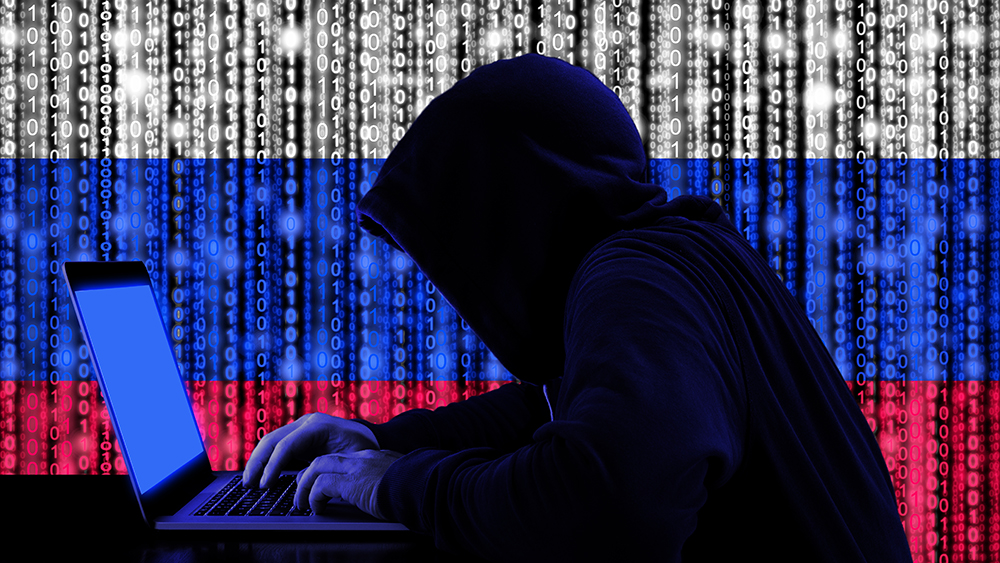
The head of the Russian Foreign Intelligence Service (SVR) has denied any involvement in last year’s SolarWinds cyber attack which saw hackers infiltrate the networks of hundreds of companies as well as nine US governmental agencies.
SVR director Sergei Naryshkin told the BBC that he is "flattered" by the accusations from US and UK authorities that claim Moscow had orchestrated such a sophisticated hack, yet added that he could not "claim the creative achievements of others as his own".
"These claims are like a bad detective novel," he told the BBC's Moscow correspondent Steve Rosenberg, who asked Naryshkin about the SVR’s links to the hacking group known as APT29, Cozy Bear, or the Dukes, which have been accused of carrying out the cyber attack.
Naryshkin described “all these claims about cyber attacks, poisonings, hacks, interference in elections which are blamed on Russia” as “absurd, and in some cases so pathetic”.
Instead, he suggested that the SolarWinds hack might have been orchestrated by the West, which could have used similar tactics to those exposed by former National Security Agency contractor Edward Snowden. He leaked documents detailing the US and UK intelligence services’ efforts to “insert secret vulnerabilities into commercial encryption software” with the help of ISP providers and tech companies.
RELATED RESOURCE
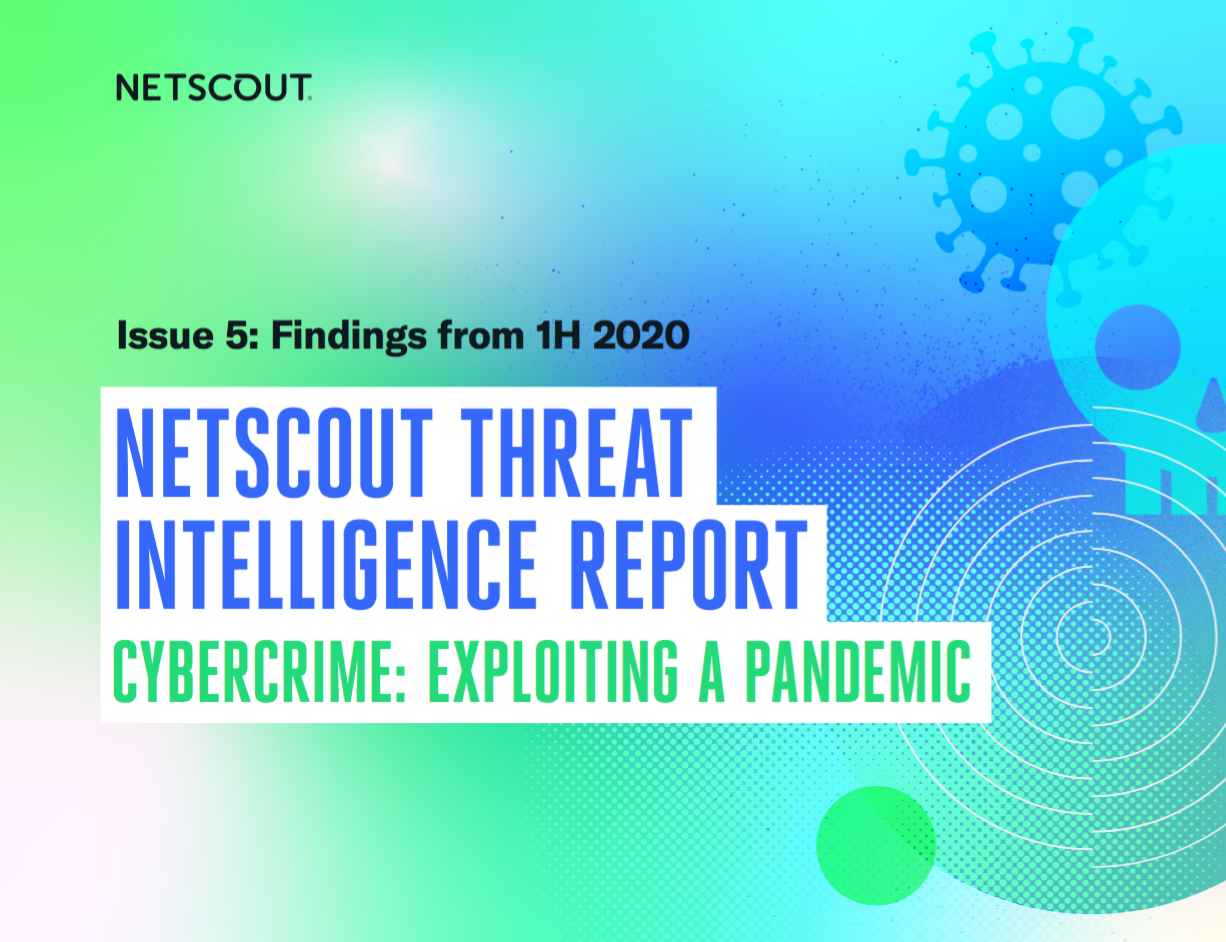
“I don’t want to assert that this cyber attack was carried out by a US agency but the tactics are similar,” said Naryshkin, who also questioned the evidence obtained by the US and UK intelligence agencies that linked the attack to Moscow.
President Donald Trump previously stated that the SolarWinds hack might have been orchestrated by the Chinese state and accused media outlets of being “petrified of discussing the possibility that it may be China”. However, the FBI, CISA, ODNI, and the NSA claimed that the Advanced Persistent Threat (APT) actor behind the incident is “likely Russian in origin”.
Sign up today and you will receive a free copy of our Future Focus 2025 report - the leading guidance on AI, cybersecurity and other IT challenges as per 700+ senior executives
The statement prompted Russia’s National Coordination Center for Computer Incidents (NKTSKI) to issue a warning to Russian businesses, claiming that the new Biden administration could carry out reprisal attacks on critical infrastructure.
Last month, the UK’s National Cyber Security Centre (NCSC) confirmed the US’ suspicions, concluding that it was “highly likely the SVR was responsible for gaining unauthorised access to SolarWinds “Orion” software and subsequent targeting”.
The Foreign, Commonwealth and Development Office (FCDO) has also summoned the Russian Ambassador over the UK government’s “deep concern at a pattern of malign activity, including cyber intrusions”. To coincide with the UK government's statement, US president Joe Biden also announced new sanctions against Russia, targeting 32 entities and officials, as well as expelling 10 diplomats.
Having only graduated from City University in 2019, Sabina has already demonstrated her abilities as a keen writer and effective journalist. Currently a content writer for Drapers, Sabina spent a number of years writing for ITPro, specialising in networking and telecommunications, as well as charting the efforts of technology companies to improve their inclusion and diversity strategies, a topic close to her heart.
Sabina has also held a number of editorial roles at Harper's Bazaar, Cube Collective, and HighClouds.
-
 The modern workplace: Standardizing collaboration for the enterprise IT leader
The modern workplace: Standardizing collaboration for the enterprise IT leaderHow Barco ClickShare Hub is redefining the meeting room
-
 Interim CISA chief uploaded sensitive documents to a public version of ChatGPT
Interim CISA chief uploaded sensitive documents to a public version of ChatGPTNews The incident at CISA raises yet more concerns about the rise of ‘shadow AI’ and data protection risks
-
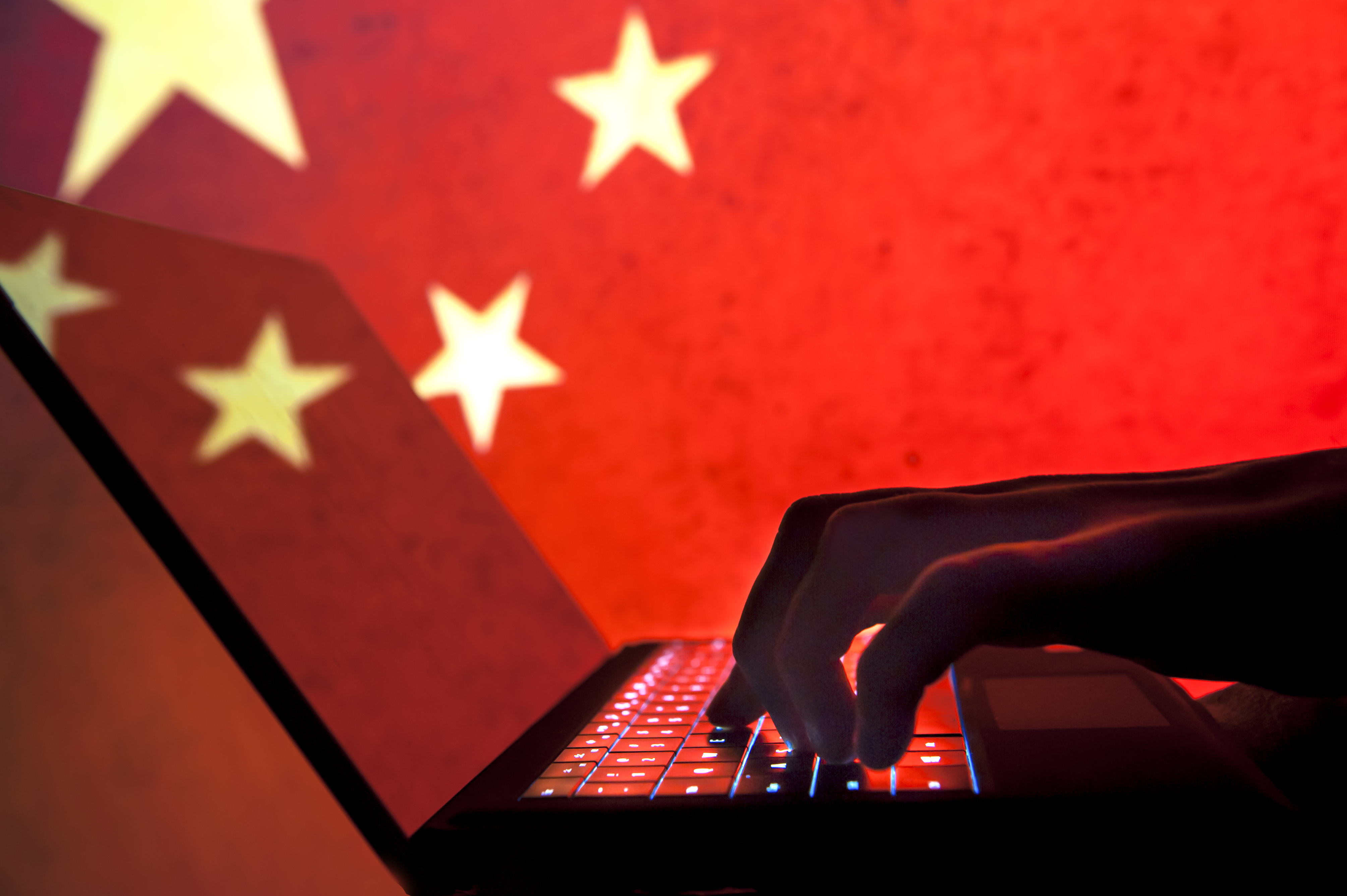 ASUS, Cisco, Netgear devices exploited in ongoing Chinese hacking campaign
ASUS, Cisco, Netgear devices exploited in ongoing Chinese hacking campaignNews Critical national infrastructure is the target of sustained attempts from state-sponsored hackers, according to Five Eyes advisories
-
 Off-the-shelf ransomware is spurring a new era in the Ukraine war
Off-the-shelf ransomware is spurring a new era in the Ukraine warNews Experts agreed Russian forces could be overwhelmed, forced to use less sophisticated tools to meet the regime's demands
-
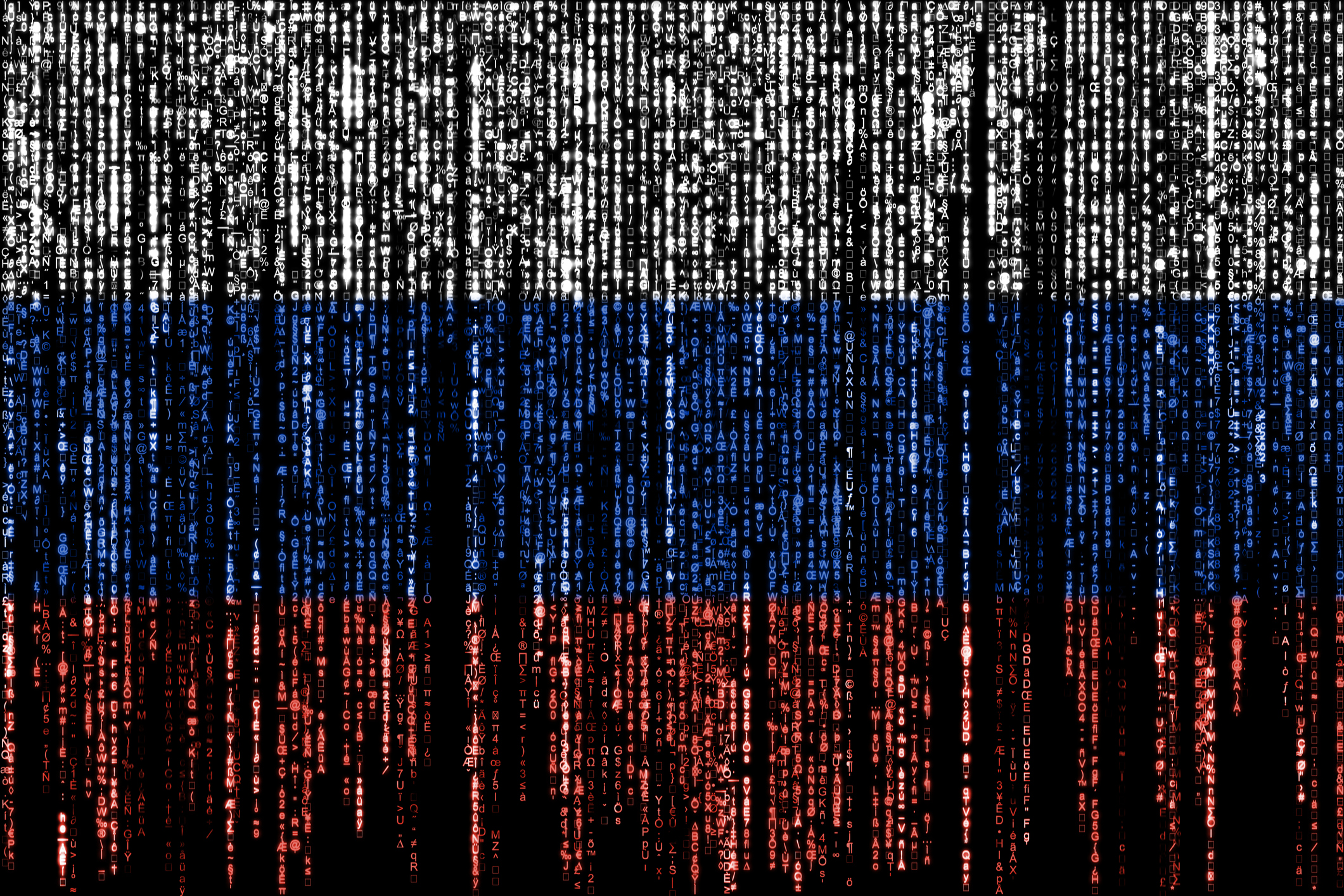 NCSC: “New class” of Russian cyber attackers seek to destroy critical infrastructure
NCSC: “New class” of Russian cyber attackers seek to destroy critical infrastructureNews The cyber threat has been raised due to the heightened risk of ideologically driven cyber attacks from Russia-aligned adversaries
-
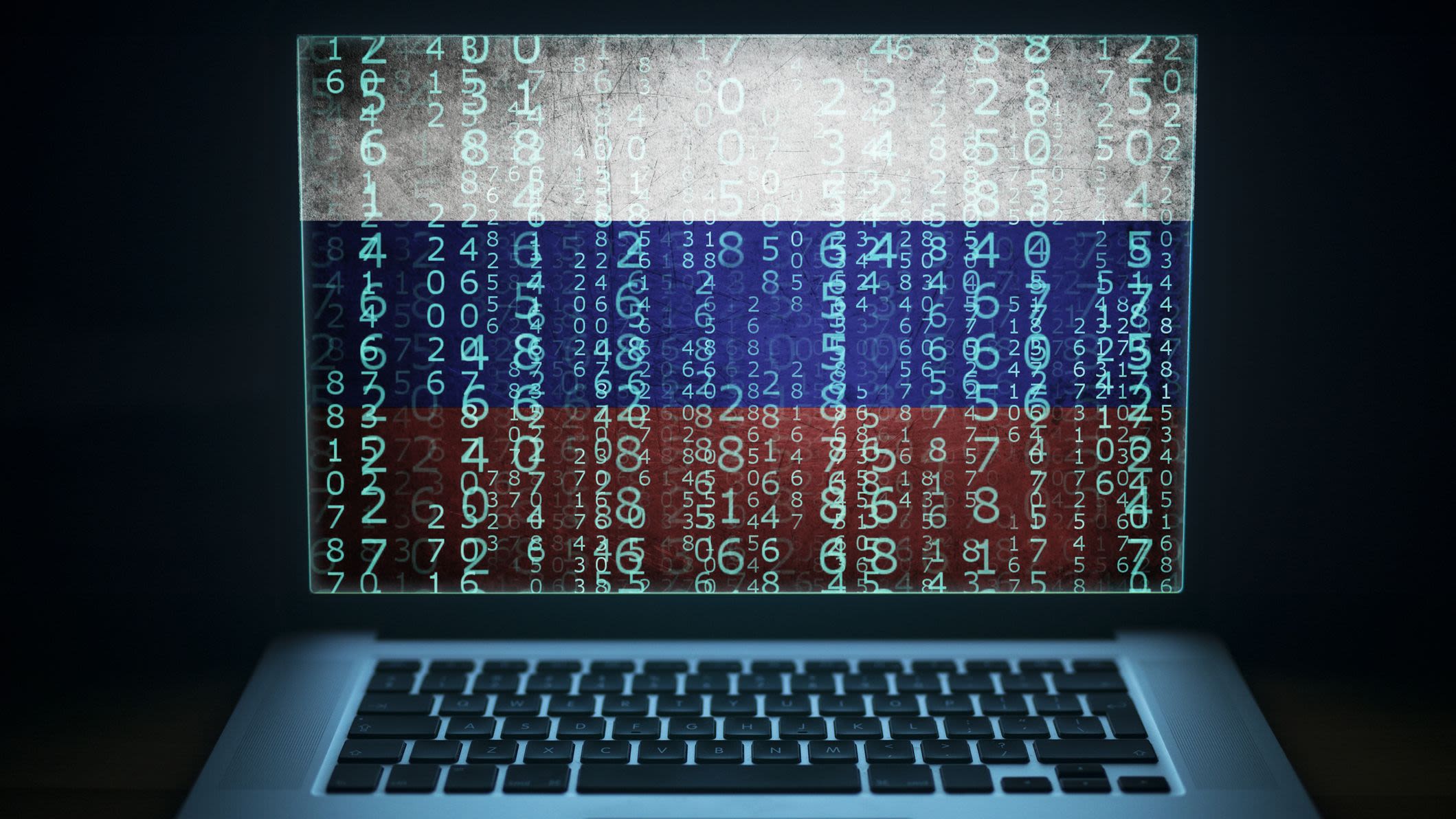 NCSC warns UK under state-sponsored spear-phishing attacks from Russia and Iran
NCSC warns UK under state-sponsored spear-phishing attacks from Russia and IranNews The acceleration in spear-phishing campaigns last year coincided with the escalating conflict in Ukraine, according to the NCSC
-
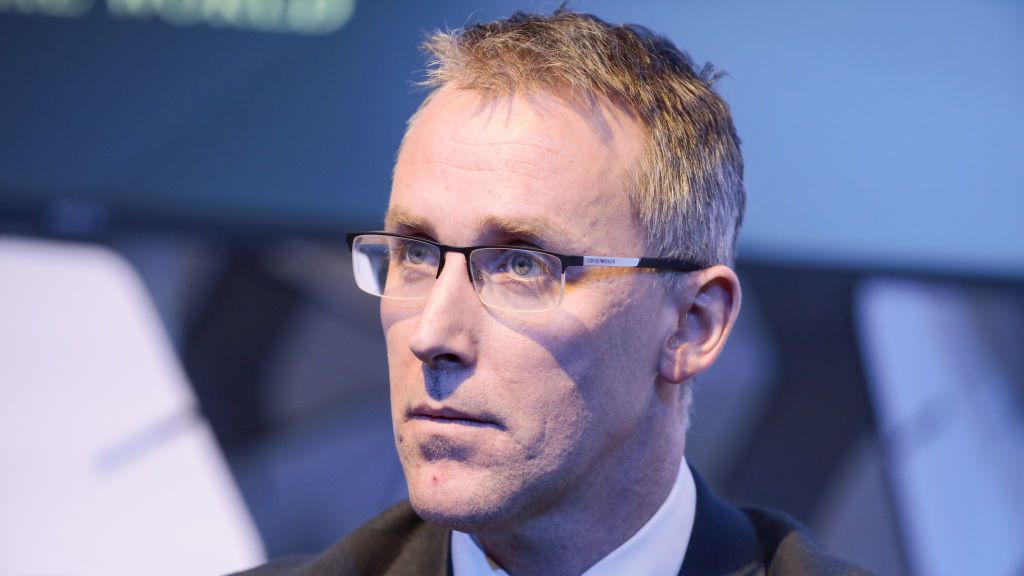 NCSC founder details 'biggest regret' in underestimating organised cyber crime
NCSC founder details 'biggest regret' in underestimating organised cyber crimeNews In a rare public address, Martin also detailed his proudest achievement and how the idea for the NCSC came to be
-
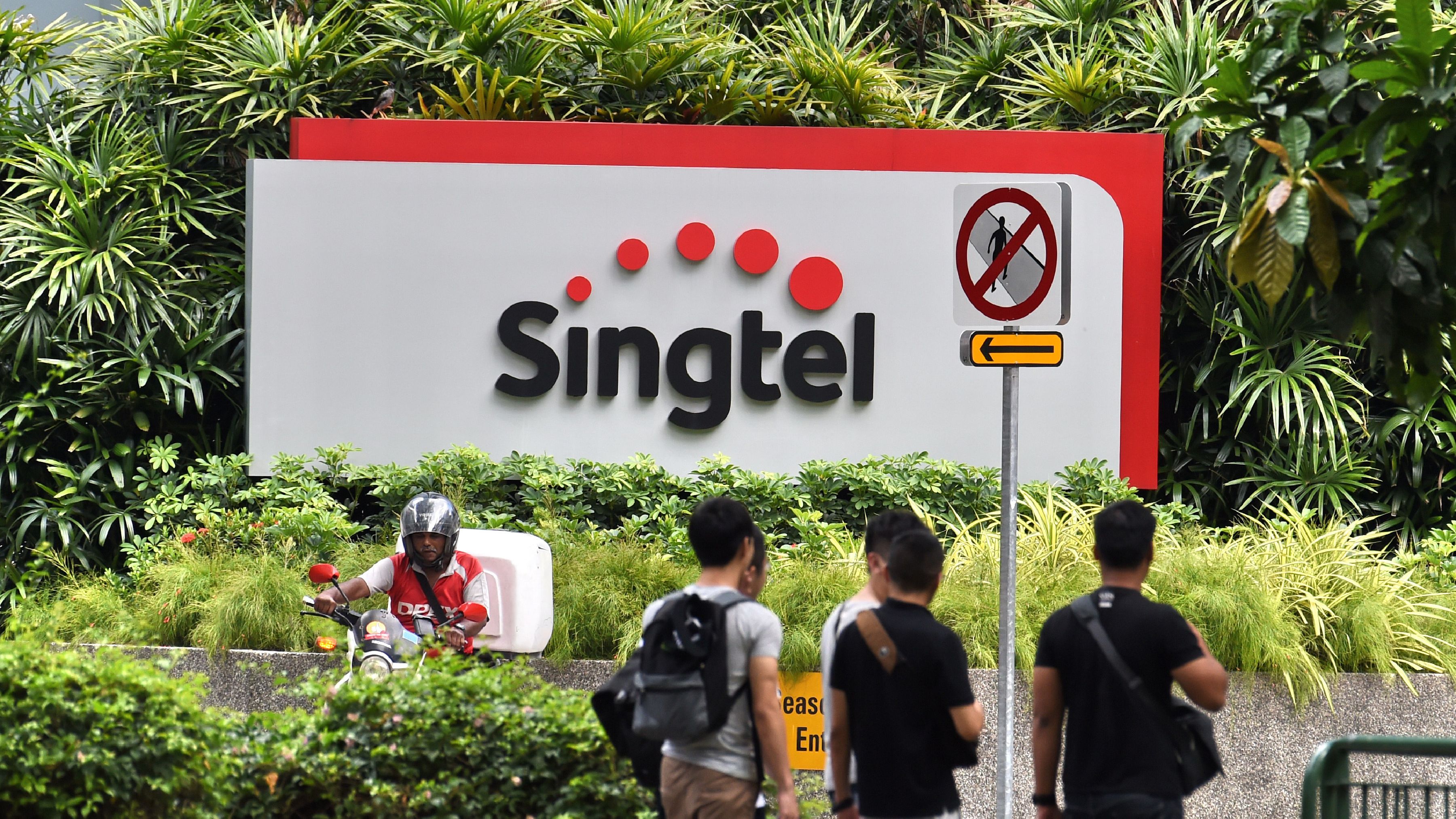 Second Singtel subsidiary breach in a month sees customer and client data leaked
Second Singtel subsidiary breach in a month sees customer and client data leakedNews The incident at Singtel subsidiary Dialog follows the earlier breach at Singtel-owned Optus, Australia's second-largest telco
-
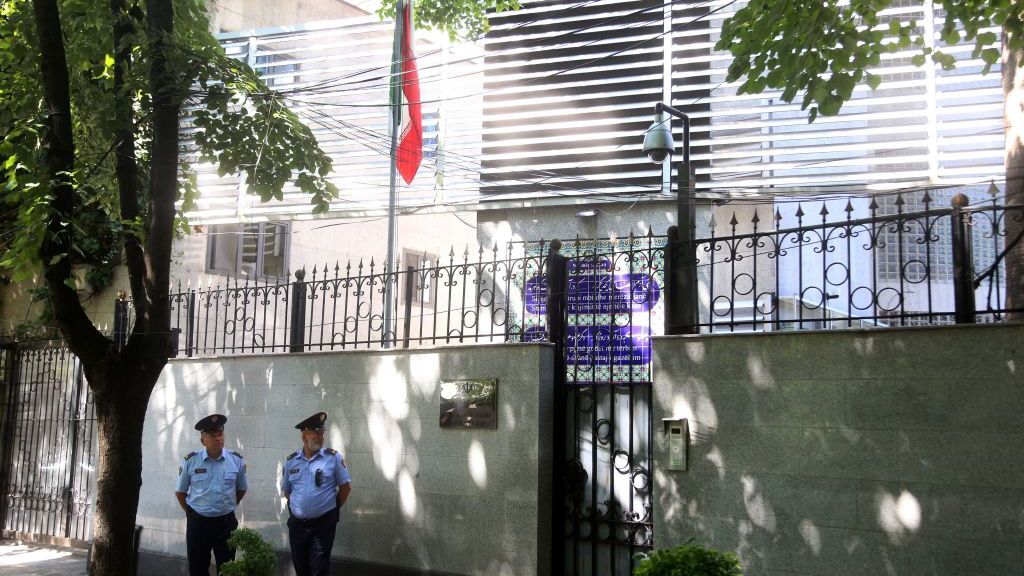 UK, US condemn Iran for ‘unprecedented’ cyber attack against Albania
UK, US condemn Iran for ‘unprecedented’ cyber attack against AlbaniaNews The Balkan nation has cut ties with Iran following the hack, which took down national infrastructure and exposed government information
-
 Cyber attack on software supplier causes "major outage" across the NHS
Cyber attack on software supplier causes "major outage" across the NHSNews Unconfirmed reports suggest the attack may be ransomware-related, while the NHS contends with disrupted services on the 111 non-emergency line
